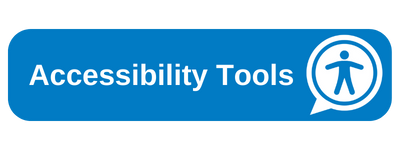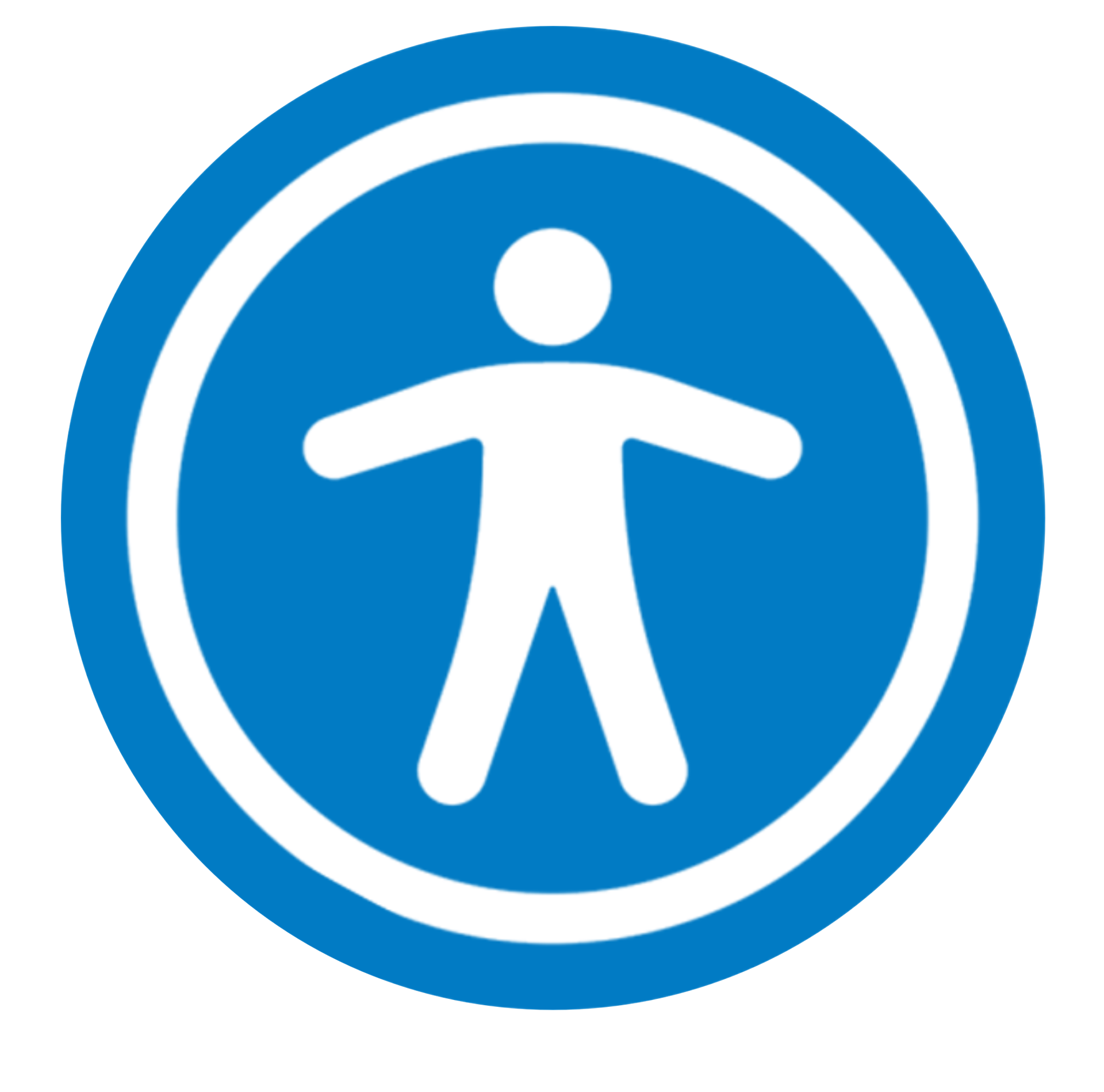You are here: Mental Health Challenges/adults/MH/mental-health
Autism
What is Autism?
Autism is a spectrum disorder, which can be diagnosed as autism spectrum disorder or neurodiverse. Autism is a lifelong condition that can affect people in how they communicate and interact with others.
Autism can affect people in different ways, however most autistic people see, hear and experience the world differently to how people without autism experience the world.
1 in every 100 people are estimated to be autistic in the UK. Men and boys are diagnosed as autistic more often than women and girls; however, it is thought now that older women and girls may manage autism differently and therefore go through life without a diagnosis.
There is no “cure” for autism, with the right support many autistic people live fulfilled with active lives.
What are the signs and characteristics of autism?
Every person is different, so the characteristics and signs vary widely. There are however, two common characteristics:
- Repetitive behaviour, activities and routines – such as fixed daily routine and repetitive body movements.
- Difficulties with social communications and interactions – autistic people can find it hard to make friends or join in conversations.
People with autism can also be under or oversensitive to certain noises, colours, lights and other things, known as sensory sensitivity. These characteristics are present over time and have noticeable effect on daily life.
Certain health challenges and conditions are more common in autistic people. These include:
- Depression
- Anxiety
- Obsessive compulsive disorder (OCD)
- Epilepsy
- Learning disabilities
- Attention deficit hyperactivity disorder (ADHD)
- Dyspraxia
It’s important that these conditions should be identified and treated properly, and are not thought of as a part of the autism spectrum.
Getting a diagnosis
The main signs of autism, for example, difficulties with social interactions and communications, can often be recognised in early childhood. Some signs of autism may not be noticeable until a situation change, such as when the child starts nursery, changes school or leaves school.
Many adults have not had a formal diagnosis, but there are benefits to getting a diagnosis, including:
- Protection under the Equality Act
- Understanding your differences
- Access to support services
See a GP or health visitor if you notice any signs of autism in your child or yourself, or if you’re worried about your child’s development. It can also help you get educational, health and care support without a diagnosis of autism, getting one makes sure your child gets the right support when they need it.
Support Services +
 |
Eddie's - We deliver a number of projects and programmes across Cambridgeshire for people with a learning disability and their families. We aim to help the people we support with increased confidence, more effective social inclusion, improved skills, and reduced financial hardship. We are proud of our community-based activities that help people with learning disabilities to do the things they enjoy, make new friends and learn new skills. |
|
|
 |
National Autistic Society - We're here to help the 700,000 autistic people in the UK and their families. Be it running specialist schools, campaigning for improved rights or training companies on being more autism-friendly, we are dedicated to transforming lives and changing attitudes. |
|
|
*Some information gathered from www.nhs.uk and the services listed.

